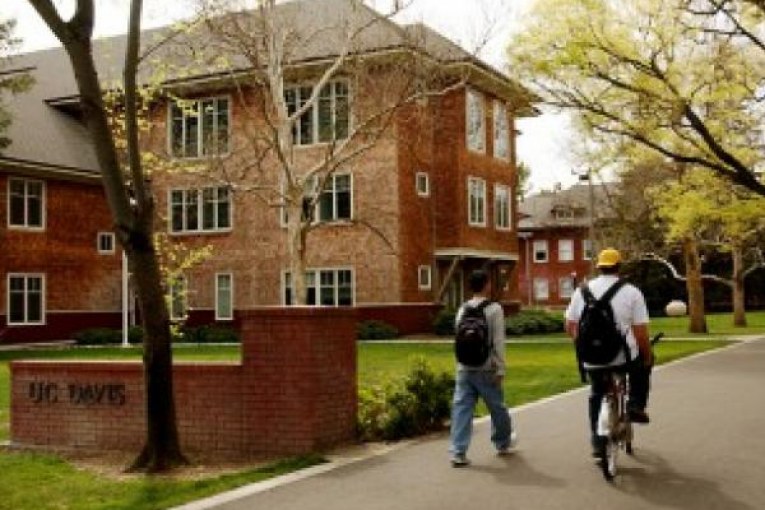

By: Ramandeep Authi
The Associated Students of University of California, Davis, Senate (ASUCD) recently passed Senate Resolution 29, concerning the actions of the California National Primate Research Center (CNPRC). This resolution was introduced and recommended by the Environmental Policy and Planning Commission. The resolution was concerning the Feb. 10 lawsuit that the Physicians Committee filed against UC Davis “with Yolo County to release documentation related to the research in accordance with the California Public Records Act (CPRA).”
The California Aggie mentioned that following this suit there have been clubs, such as the People for the Elimination of Animal Cruelty through Education (PEACE), on campus demanding UC Davis take account for their actions. This club has advocated for animals rights and in 2019 the ASUCD approved the Sentience Resolution provided by PEACE.
ASUCD listed a number of grievances with the CNPRC. ASUCD condemned the actions committed by “the UC Davis California National Primate Research Center (CNPRC) [which] has a disturbing history of primate deaths due to negligence and maltreatment.”
The resolution stated that “the CNPRC subjects more primates to painful and distressing experiments than any other university in the United States.”
The United States Department of Agriculture (USDA) charged UC Davis with $5,000 in 2005 after the mortality of seven monkeys was deemed to have been due to extremely high heat. The monkeys were in agonizing pain and then died of dehydration “after a thermostat malfunction at the CNPRC.”
ASUCD claims that these actions by the CNPRC are not infrequent, claiming that they have “violated the U.S. Department of Agriculture’s Animal Welfare Act twenty-four (24) times between the years 2013 and 2019, as cited by the U.S. Department of Agriculture’s Animal and Plant Health Inspection Service.”
ASUCD mentions that out of the twenty-three monkeys that were used in the project mentioned in the resolution, “fifteen (15)…that Neuralink tested on were either euthanized or died during the process of testing and after receiving the surgical brain implant.” The senate proposed that these actions are only a few of the procedural failures that CNPRC has committed.
ASUCD pointed out that CNPRC has a history of lacking adequate “veterinary care” and engaging in “staff negligence.”
Neuralink’s stance concerning the primates tested in UC Davis’ facilities is that these primates were not forced to participate in any of these experiments. The Physicians Committee stated that this statement indicates that they participated through their own free will, and that Neuralink failed to disclose that these primates were forced to sit in a chair by being restrained.
The USDA has not given Neuralink any citations for their “facilities and animal care program.” However the USDA themselves have been cited by their own inspector general for committing violations in case examinations.
ASUCD states that despite being a public institution, UC Davis refused to release documentation concerning the animal research that took place with private entity partnerships. ASUCD notes that “there exist effective, more reliable, non-animal testing methods such as in vitro petri dish tests, cadaver studies, and computer modeling.” These methods have been found to result in valid scientific research as can be seen with Harvard Medical School.
The resolution concluded with ASUCD acknowledging that non-human animals are “sentient beings [meaning they have]…‘the capacity to have positive and negative experiences, usually thought of as happiness and suffering.’”

“Neuralink’s stance concerning the primates tested in UC Davis’ facilities is that these primates were not forced to participate in any of these experiments. The Physicians Committee stated that this statement indicates that they participated through their own free will, and that Neuralink failed to disclose that these primates were forced to sit in a chair by being restrained.”
This statement seems to be misleading. I read the link and nowhere does it talk about free will.